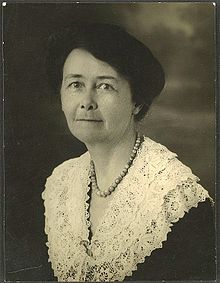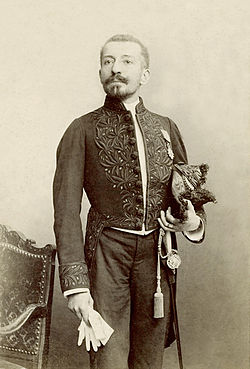Quotes
She could, at this stage of things, recognize signals like that, as the epileptic is said to—an odor, color, pure piercing grace note announcing his seizure. Afterward it is only this signal, really dross, this secular announcement, and never what is revealed during the attack, that he remembers. Oedipa wondered whether, at the end of this (if it were supposed to end), she too might not be left with only compiled memories of clues, announcements, intimations, but never the central truth...
Thomas Pynchon
But it is a curve each of them feels, unmistakably. It is the parabola. They must have guessed, once or twice -- guessed and refused to believe -- that everything, always, collectively, had been moving toward that purified shape latent in the sky, that shape of no surprise, no second chance, no return. Yet they do move forever under it, reserved for its own black-and-white bad news certainly as if it were the rainbow, and they its children. . . .
Thomas Pynchon
Acts have consequences, Dixon, they must. These Louts believe all's right now,-- that they are free to get on with Lives that to them are no doubt important,-- with no Glimmer at all of the Debt they have taken on. That is what I smell'd,-- Lethe-Water. One of the things the newly-born forget, is how terrible its Taste, and Smell. In Time, these People are able to forget ev'rything. Be willing but to wait a little, and ye may gull them again and again, however ye wish,-- even unto their...
Thomas Pynchon
Nothing he had brought to it of his nearest comparison, Raby with its thatch'd and benevolent romance of serfdom, had at all prepar'd him for the iron Criminality of the Cape,-- the publick Executions and Whippings, the open'd flesh, the welling blood, the beefy contented faces of those whites.... Yet is Dixon certain, as certain as the lightness he feels now, lightness premonitory of Flying, that far worse happen'd here, to these poor People, as the blood flew and the Children cried,-- that...
Thomas Pynchon
 Miles Franklin Writer
Miles Franklin Writer Pierre Loti Writer
Pierre Loti Writer